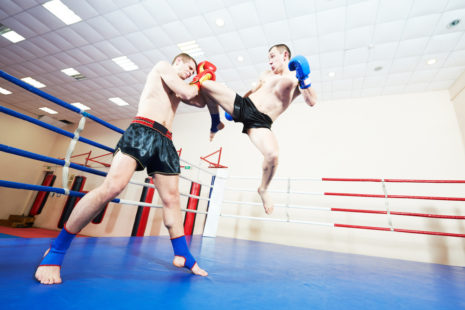Pickleball is a dynamic sport that involves various movements, which can engage multiple muscle groups in the body. The specific muscles that may get sore from playing pickleball can vary depending on your playing style, fitness level, and the game’s intensity.
Common muscles often involved and may experience soreness after playing pickleball include…
- Shoulder Muscles – The shoulder muscles, including the deltoids, rotator cuff muscles, and trapezius, are actively engaged during overhead shots and serving.
- Arm Muscles – Muscles in the arms, such as the biceps and triceps, are used during swinging motions when hitting the ball.
- Forearm Muscles – Muscles in the forearms, including the wrist flexors and extensors, play a crucial role in gripping the paddle and controlling the ball.
- Leg Muscles – Various leg muscles, including the quadriceps, hamstrings, calf muscles, and hip abductors, are involved in movements like running, jumping, and lateral shuffling on the court.
- Core Muscles – The core muscles, including the abdominals and obliques, help stabilize the body during movements, such as twisting and changing directions.
- Back Muscles – The upper and lower back muscles, such as the latissimus dorsi and erector spinae, provide support and stability during play.
- Gluteal Muscles – The gluteal muscles in the buttocks are engaged during movements like lunges and jumping.
- Hamstrings – The muscles at the back of the thighs, the hamstrings, are active during movements that involve bending and straightening the knees.
- Calves – The calf muscles in the lower legs are used during jumping, running, and quick movements.
Soreness in these muscles is normal after engaging in physical activity, especially if you are new to pickleball or have had an intense playing session. Soreness indicates that the muscles have been challenged and adapted to the new demands. The discomfort should be mild and usually resolves within a few days with proper rest and recovery.
To reduce muscle soreness after playing pickleball, warm up before the game, stay hydrated, and engage in post-game stretching. Increasing playing time and intensity can help your muscles adapt more effectively and minimize soreness. If you experience severe or persistent soreness, rest and allow your muscles to recover before playing again.




